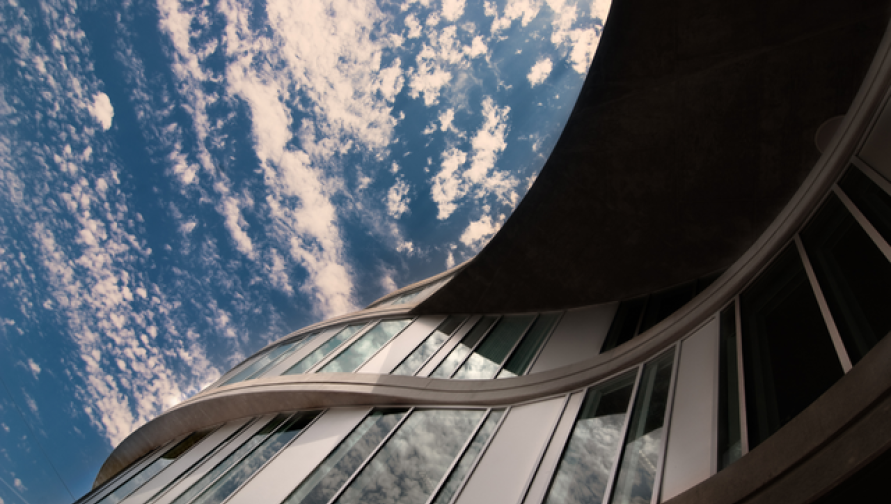
“The distinctive mission of the University is to serve society as a center of higher learning, providing long-term societal benefits through transmitting advanced knowledge, discovering new knowledge, and functioning as an active working repository of organized knowledge.”
- Mission statement from the University of California Academic Plan, 1974-1978
Universities position themselves as bastions of advanced knowledge, rooted in the dedication of faculty members and students to the approaches, methods, and norms of expert scholarly inquiry. The research and creative endeavors of faculty members undergo rigorous peer review globally and ensure that their perspectives and conclusions are well-justified and reflect best practices within their disciplines. Students are immersed in learning methodologies and approaches that distinguish mere opinion from more reliable knowledge.
Acknowledging the pivotal importance of academic excellence and integrity to the university's mission, I invite all members of the campus community to engage in discussions during the 2024-25 academic year about the essential role that scholarly values must play in knowledge discovery and dissemination across our various and diverse disciplines. Among the topics that might be addressed:
- What key norms and mindsets are essential in the pursuit of greater knowledge and the cultivation of a scholarly frame of mind?
- How can we best ensure that students grasp and commit to the concept of academic integrity?
- Is there a need to refine the practice of peer review to address recent controversies that call into question the reliability of research findings?
- How can we improve the reproducibility of research findings to enhance the reliability of scholarly knowledge?
- Are there topics or debates that we should be having in our fields that are being marginalized or silenced because our departments or fields have an overly narrow perspective on the legitimate range of acceptable viewpoints? How open should we be to arguments or viewpoints that challenge prevailing ways of thinking?
- How can scholarly norms and values enhance lives for individuals who are not students or professional scholars?
he 2024-25 Year of Scholarly Values will be guided and supported by an outstanding group of colleagues in a committee chaired by Distinguished Professor of Philosophy Duncan Pritchard, who directs our Center for Knowledge, Technology and Society as well as our important Anteater Virtues Project. Joining Distinguished Professor Pritchard on the Year of Scholarly Values Advisory Committee are:
- Richard Arum, Professor of Sociology and Education
- Vy Dong, Chancellor’s Professor of Chemistry
- Michael Goodrich, Distinguished Professor of Computer Science
- Val Jenness, Distinguished Professor of Criminology, Law and Society, Sociology, and Nursing
- Pramod Khargonekar, Vice Chancellor for Research
- Mark Lazenby, Dean, Sue and Bill Gross School of Nursing
- Julia Lupton, Distinguished Professor of English
- David Reinkensmeyer, Professor of Mechanical and Aerospace Engineering, Anatomy and Neurobiology, Biomedical Engineering, and Physical Medicine and Rehabilitation
- Luiza Osorio G. Silva, Assistant Professor of Art History
As with this past year’s Year of Free Speech, the committee will be responsible for organizing a few tent-pole campus-wide conversations and will provide guidance for efforts organized by our various schools, departments, centers, institutes, and Student Affairs professionals.
I call upon all campus members to collaborate with their leaders to identify the most pertinent topics and events for their disciplines and programs. These discussions are central to our foundational goals, and I extend my gratitude in advance for your active participation in these crucial conversations and activities.
Fiat Lux,
Chancellor Howard Gillman
